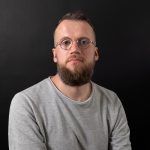The TRESCA Consortium
A well-coordinated and closely managed consortium is the cornerstone for the success of the TRESCA project. Importantly, the established partnerships within the project facilitate a holistic coverage of the know-how and skills needed to ensure that TRESCA does not miss a key competency for the execution of the project and fulfillment of objectives.
The consortium members partnered up with the consideration of the wealth of professional experience which serves as a backbone to the development of intellectual thought process and technical executive aspects crucial within this cutting-edge project.
Partner profiles and project member biographies are presented below.
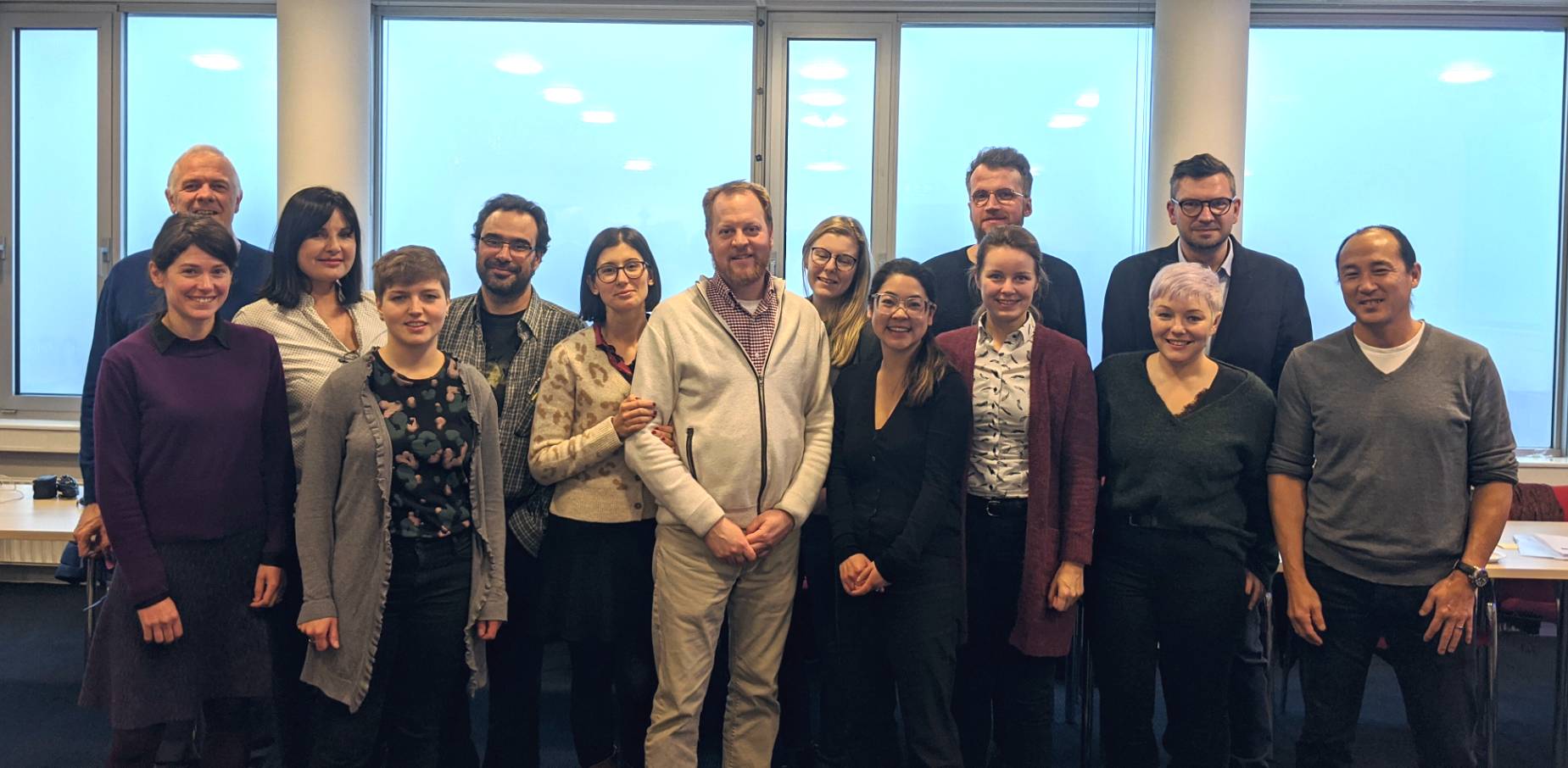
Consortium Members
Erasmus University Rotterdam (EUR) is an internationally oriented research university with a strong social orientation in its research and teaching. Its scientists and students endeavour to solve global social challenges, drawing inspiration from the ever dynamic and cosmopolitan Rotterdam. Its academic education is intensive, active and application-based, and its research is increasingly carried out in multidisciplinary teams, which are closely interlinked with international networks. Visit partner website.
The EUR team members work at the Erasmus School of History, Culture and Communication. As one of the faculties of EUR, ESHCC offers high-quality education, based on academic research, at the interface between the Humanities and the Social Sciences. Research focuses on international, national, and local contexts, takes an interdisciplinary perspective, and takes into account the myriad relationships between media, society, culture, and business. Visit website.
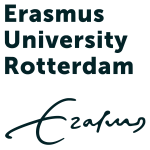
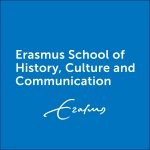
Jason Pridmore is the coordinator of the TRESCA project, Vice Dean of Education at the Erasmus School of History, Culture and Communication, and an Associate Professor in the Department of Media and Communication at Erasmus University Rotterdam. His research focuses on practices of digital identification, the use of new/social media and consumer data as surveillance practices, and digital (cyber) security issues. The way in which research on these topics is effectively communicated is a critical part of his research focus. Jason is involved in a range of European projects on new technologies, privacy, and security issues. In the TRESCA project, Jason manages the overall trajectory of the project and acts as the primary liaison with the European Commission.

Marina Tulin is a Postdoctoral Researcher and the Coordination Manager of TRESCA. She holds a PhD in Sociology from the University of Amsterdam, and was a visiting PhD scholar at Stanford University. She obtained BSc and MSc in Social Psychology (both cum laude). Her interdisciplinary research has been published in leading international journals on topics as diverse as social networks, social capital, health and wellbeing, inter-group relations, and migration. A list of publications can be found here. In TRESCA, she takes care of the day-to-day coordination, and contributes to multiple tasks, specifically with her academic and quantitative research expertise.
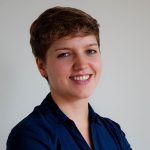
Tessa Oomen is a PhD candidate at Erasmus University Rotterdam. Her research focuses on cybersecurity communication in healthcare. She has a background in Applied Psychology and Crisis and Security Management. Within TRESCA, Tessa is involved in several research and communication activities in the Netherlands. She also maintains the TRESCA project website and Twitter account.
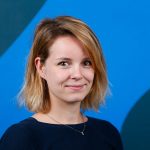
Palesa Mashigo is a journalist turned academic. She currently works as a lecturer at Erasmus University’s Media and Communication department. Palesa has a Master’s in Media, Culture and Society, from Erasmus University. Her background is in television broadcasting. Palesa’s research interests are focused on critical race theory as it pertains to media representation and media policy. Within the TRESCA project, Palesa helps developing and coordinating the TRESCA MOOC.

Agencia Estatal Consejo Superior de Investigaciones Cientificas (CSIC), the Spanish National Research Council, is the largest public research institution in Spain. CSIC belongs to the Spanish Ministry of Economy, Industry and Competitiveness, under the State Secretariat for Research, Development and Innovation. CSIC is a major player in the development of the European research area and therefore a significant contributor to the European integration process. CSIC’s missions are fostering multidisciplinary scientific and technological research, training scientific and technical personnel, promoting knowledge transfer between science, industry and society and generating start-ups and technological firms. Visit partner website.

Sara Degli-Esposti is Research Scientist in the Institute of Philosophy (IFS) of the Spanish National Research Council (CSIC), and Honorary Research Fellow in the Centre for Business in Society (CBiS), Coventry University (UK). Sara’s research explores institutional trust, privacy harms and corporate compliance with data protection law in the context of surveillance capitalism. Currently her work focuses on misinformation, AI and algorithmic accountability. Sara has a PhD in information management from the Open University (UK) and both academic and professional experience in the domain of information privacy and security. With a solid background in quantitative data analysis and non-parametric statistics, she is an expert in mixed-methods research design.
Contact: Twitter @survgaze

Dr Turkay Salim Nefes is Ramon y Cajal Research Fellow in the Institute of Public Goods and Policies (IPP) of the Spanish National Research Council (CSIC). His research mainly focuses on the socio-political impacts and dissemination of anti-Semitic conspiracy theories in Turkey. Turkay published articles on conspiracy theories in journals such as Historical Journal of Sociology, The Sociological Review, Rationality and Society, and British Journal of Sociology and the monograph Online Anti-Semitism in Turkey (Palgrave MacMillan, 2015).
Contact: Twitter @TurkayNefes
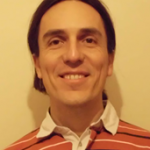
Dr David Arroyo is Permanent Scientist in the Institute of Applied Physics and Information Technology Torres Quevedo (ITEFI) of the Spanish National Research Council (CSIC). He has a MSc in Telecommunication Engineering from the University of Seville (Spain) and a PhD in Physics of Complex Systems from the Polytechnic University of Madrid. Before joining CSIC, he worked in the Computer Science and Engineering Department of the Autonomous University of Madrid for eight years. His research is mainly devoted to inter- and multidisciplinary applications in the areas of cryptography, information security and privacy, decentralized trust and blockchain, information theory and coding, signal processing, and nonlinear dynamics. Within TRESCA, he is contributing to the design of the misinformation widget developed in WP4.
Contact: Twitter @davidalqabri
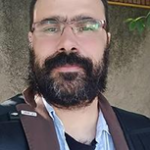
Dr Adolfo Antón Bravo is a data journalist with a PhD in Information Sciences from Universidad Complutense de Madrid (Spain). Between June 2021 and Abril 2022, he has worked as Research Assistant for the H2020 project TRESCA (GA no. 872855) at the Institute of Philosophy (IFS) of the Spanish National Research Council (CSIC). Previously he has worked at OEG-UPM as a postdoc researcher in ontology development and as a chief activities officer at DataLab and Medialab-Prado.
Contact: @adolflow
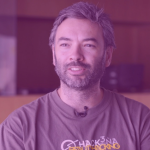
Vincenzo Pavone is Permanent Scientist in the Institute of Public Goods and Policies (IPP) of the Spanish National Research Council (CSIC). He has a PhD in Social and Political Science from the European University Institute in Florence (IUE). His research focuses on the impact and development of the reproductive bioeconomy, with a special interest for reproductive and regenerative medicine. He also studies the relationship between science, technology and neoliberalism. He is a member of the “Science and Democracy Network” coordinated by the University of Harvard, of the Red esCTS, the Iberian Network for the Social Studies of Science and Technology. Within TRESCA he contributes to the design and analysis of qualitative data collected as part of WP2 activities.
More information available here.
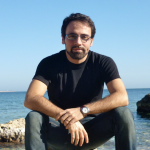
Francisco Herreros is Permanent Scientist in the Institute of Public Goods and Policies (IPP) of the Spanish National Research Council (CSIC). His research sheds light on social trust and social capital. He has been Fernand Braudel Senior Fellow at the European University Institute of Florence, Santander Fellow at St. Antony’s College (University of Oxford), visiting professor at Luiss Guido Carli University in Rome and visiting fellow at All Souls College and Nuffield College (University of Oxford), New York University and Yale University. Within TRESCA, he has contributed to research trust perceptions as part of the large-scale experiments conducted in WP3.
Contact: Twitter @Francis57614181
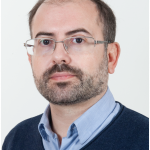
Luis Miller is a Permanent Scientist at the Institute of Public Goods and Policies, Spanish National Research Council (CSIC). Before joining IPP-CSIC, I was an associate professor at the School of Economics and Business of the University of the Basque Country. Previously, I held postdoctoral researcher positions at the Nuffield Centre for Experimental Social Sciences (University of Oxford) and the Max Planck Institute of Economics. I am an expert in social science experimental methodology. Within TRESCA, he has contributed to the design of the experiments conducted in WP3.
Contact: @luismmiller
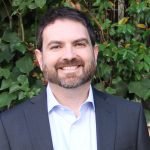
Observa Science in Society (OBS) is a non-profit, independent, legally recognized research centre promoting the study and discussion of the interaction among science, technology and society, with the aim of stimulating dialogue among researchers, policy makers and citizens. Observa belongs to the main international networks actively engaged with science in society issues, including ESCoNet (European Science Communicators Training Network) and the network of institutions coordinated by the London School of Economics and Political Science which monitors global trends in public perception and media coverage of science and technology. Visit partner website.

Giuseppe Pellegrini is a sociologist and senior lecturer of Innovation Technology and Society and Evaluating Public Engagement at the University of Trento, Italy. His main research interests are in the sociology of science, particularly in public engagement in research and evaluation. His research activities have been focused on social policy, science education, participation and science communication. He is President of Observa research centre. His most recent publications include Italian Yearbook on Science in Society (Il Mulino, 2020, co-edited with Andrea Rubin) and articles in journals such as Sociology of Science and Technology Journal, Lettera Matematica, Acta Scientiae.
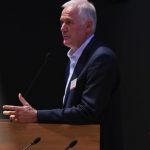
Sara Fattori is a research assistant at Observa – Science in Society. Her main activities are data gathering, report editing and writing, data visualization and content creation for both Observa’s website and social media. She graduated from the University of Trento, Italy in 2015 and has collaborated with Observa since 2016. She has organized the European Project CONCISE Public Consultation in Italy and has helped gather most of the Italian data for both MORE-PE and OPEN European Projects. She is now helping with the organization of the TRESCA workshop.
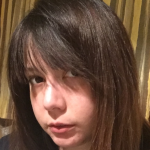
Zentrum für Soziale Innovation (ZSI), a private non-profit institute for applied social sciences based in Vienna, Austria. As an independent scientific institute, ZSI generates, disseminates, and applies knowledge and skills in thematic areas that are of pertinent relevance to meet the grand social challenges of our time. In these, ZSI acts on different spatial levels from local to global through the deployment of research – design and management of basic and applied research. Acting as an independent research institute, ZSI and its staff cover a broad range of research activities from basic to applied and trans-disciplinary research in different fields. Visit partner website.
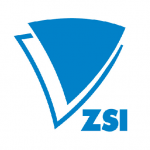
Pamela M. Bartar is a team member of project partner ZSI based in Vienna since 2009 (see personnel page). She has worked in different positions such as Corporate Communication Coordinator and European Research Project Manager (current). Her focus in practice and practice-led research lays on participatory and collaborative approaches and public engagement including dimensions of RRI, science communication, PR and art & knowledge transfer. Pamela is a lecturer at the University of Applied Arts in Vienna and was also teaching in the field of communications at the University of Vienna. She is also an experienced project manager and was involved in a representative range of research and implementation projects. Pamela holds a master degree in communication science and media studies (Mag.) as well as in cultural management and gender studies (MAS). Pamela is task leader and co-coordinator of WP 1 of the TRESCA project. Pamela is active on Twitter and LinkedIn.
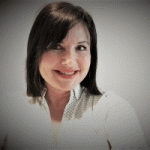
Gábor Szüdi is a Research Associate working at ZSI (see personnel page). He holds an MA in International Relations (Corvinus University of Budapest) and a PhD in Economic Policy (University of Economics in Bratislava). His research focuses on novel solutions to social problems arising from the ongoing transformation towards knowledge-based economies. He has been involved in several EU-funded projects on new concepts in research and innovation where more effective citizen involvement and science communication were also highlighted. Within TRESCA, he is co-coordinator of WP1 contributing to multiple analytical reports.
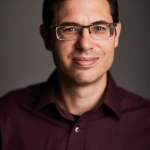
Science|Business (SBP) is a media and communications company focused on European research and innovation. It is based in Brussels, Belgium. They are founded by journalists, with a mission to bring together researchers, industry executives and policy makers, across borders, to improve the climate for R&D. They manage a daily news service on European R&I policy; a network of 60+ universities, companies and public-sector organisations with 30+ meetings a year across Europe; and a communications consulting service including Horizon 2020 projects. Visit partner website.

Diane Jeanblanc leads the consulting department where she focuses on bespoke consulting projects for clients, EU projects and Marketing & Advertising clients. She started her career in the public sector at the United Nations, then joined the Ministry of Environment in France before moving to the consulting world in France and in Germany. She joined Science|Business in 2020 and hold degrees from ILERI Paris (BA), City University London (MA) and La Sorbonne (PhD).

Ramon Tari Dura is the Marketing Assistant at Science|Business. Ramon started his career at APPLiA, a stakeholder association in Brussels as a communication specialist junior in functions including digital communication and marketing, graphic design, data visualization and public relations. He joined Science|Business in 2021 and he’s responsible for marketing communications, graphic design, social media and advertising. Ramon holds a Bachelor degree in Advertising and Public Relations from University of Alicante, and spent a year abroad to study Marketing and Intercultural Communication at the Guangdong University of Foreign Studies
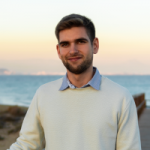
Kurzgesagt- In a Nutshell (KURZ) is a Munich-based design studio that creates educational videos on their dedicated YouTube channel. The channel focuses on publishing Kurzgesagt’s animated educational content. Founded by Philipp Dettmer in 2013, the channel has now gained over eight million subscribers. YouTube videos from Kurzgesagt typically discuss scientific subjects, such as the Big Bang, but also feature various political, philosophical and psychological subjects, such as basic income, optimistic nihilism and loneliness. Visit partner website.

Elisabeth Steib studied communication design. Even during her studies, she was interested in the content of a project at least as much as in layout and design. After gaining initial work experience in the advertising industry, she joined Kurzgesagt in 2016 as a researcher and script writer. Meanwhile, she heads the editorial department as Head of Research and Text.
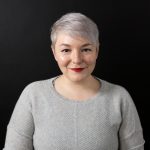
Marc Zwiechowski studied linguistics. He started producing YouTube videos, web series and TV content in 2012. After working on a multitude of different formats mostly in entertainment, he specialised in documentaries & educational content e.g. campaigns with the Bundeszentrale für politische Bildung (Federal German institution for political education). He started as Producer and later Head of Production at ‘Kurzgesagt – in a nutshell’ in 2018. He coordinated campaigns and collaborations with various universities (ETH Zürich), foundations (Bill & Melinda Gates Foundation, Tempelton World Charity Foundation), Organisations (United Nations, European Union, International Committee of the Red Cross, European Space Agency) and the German public broadcast.
